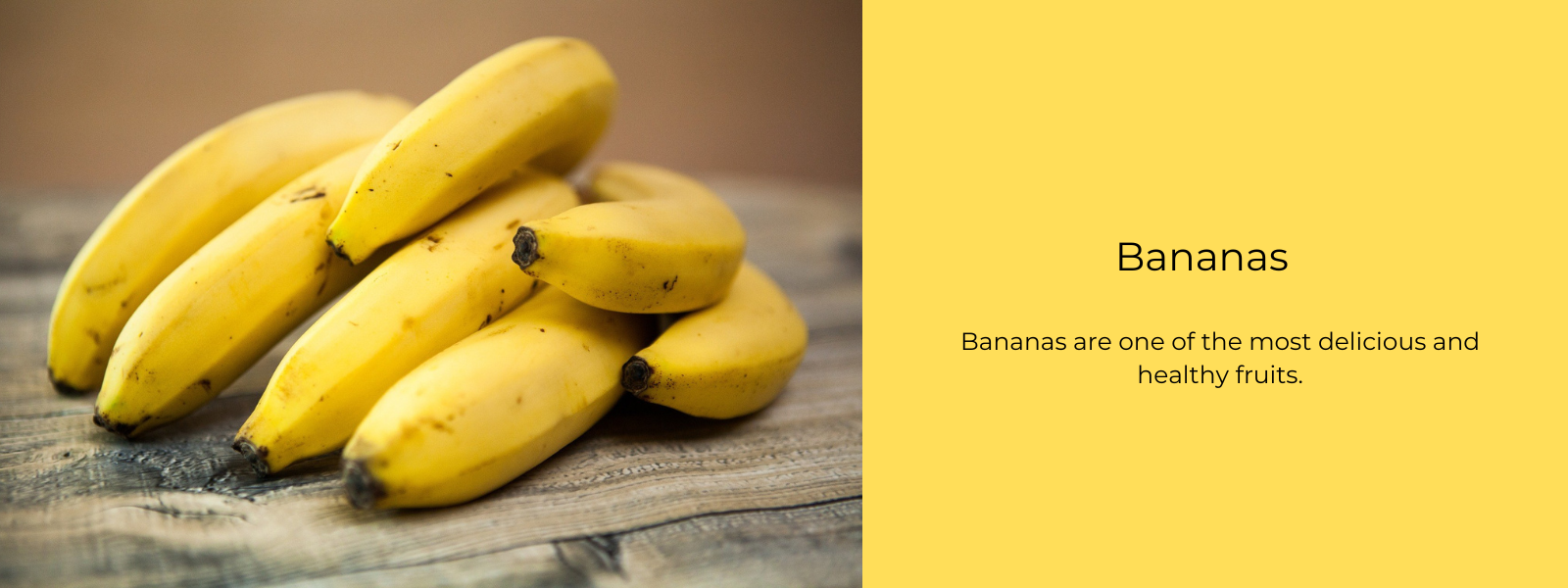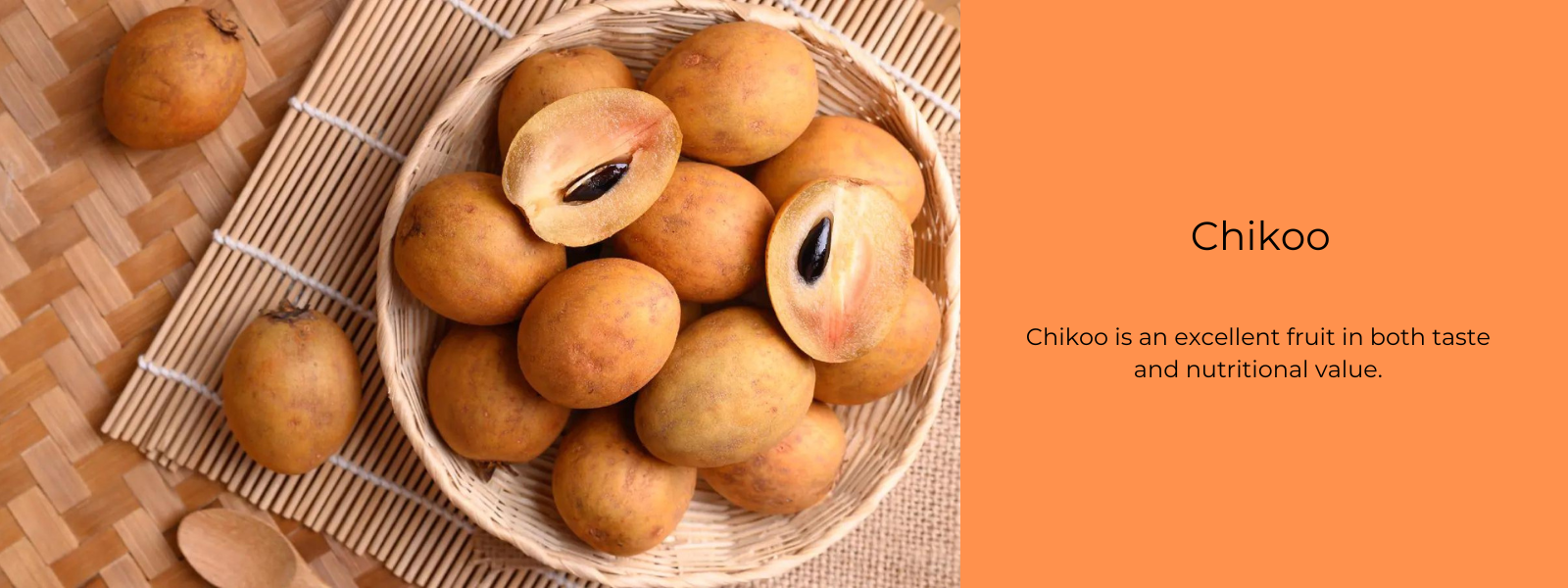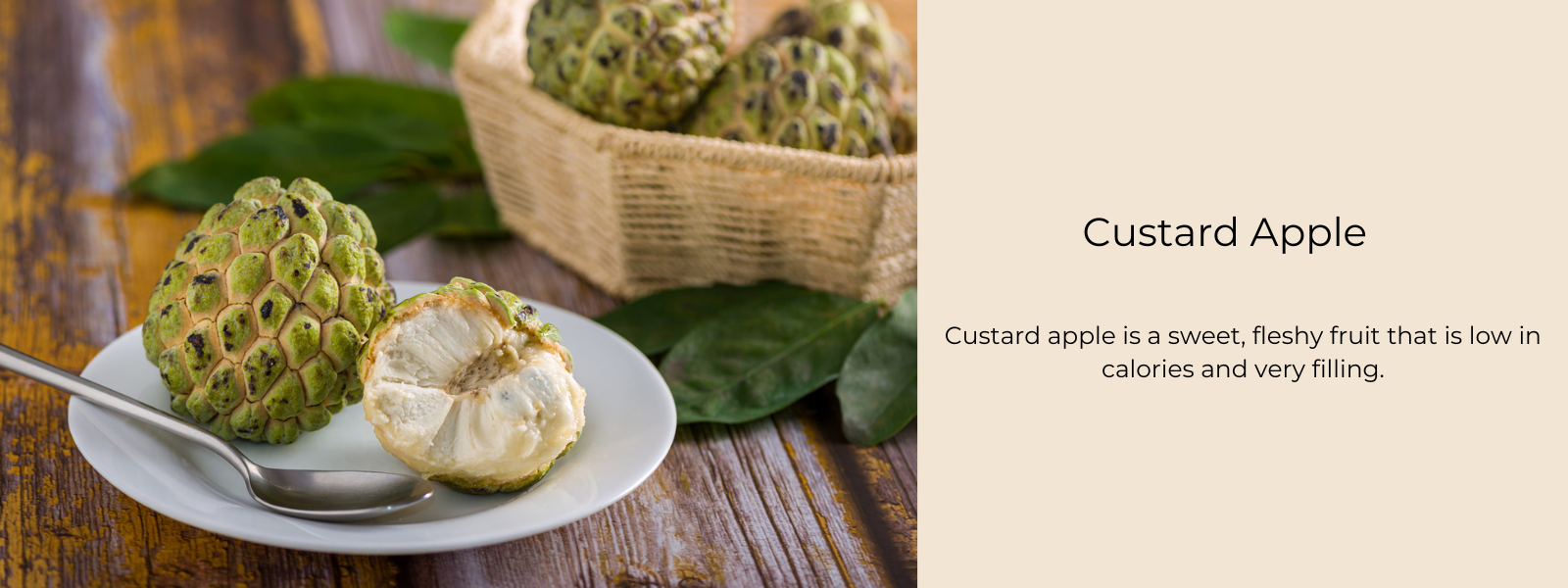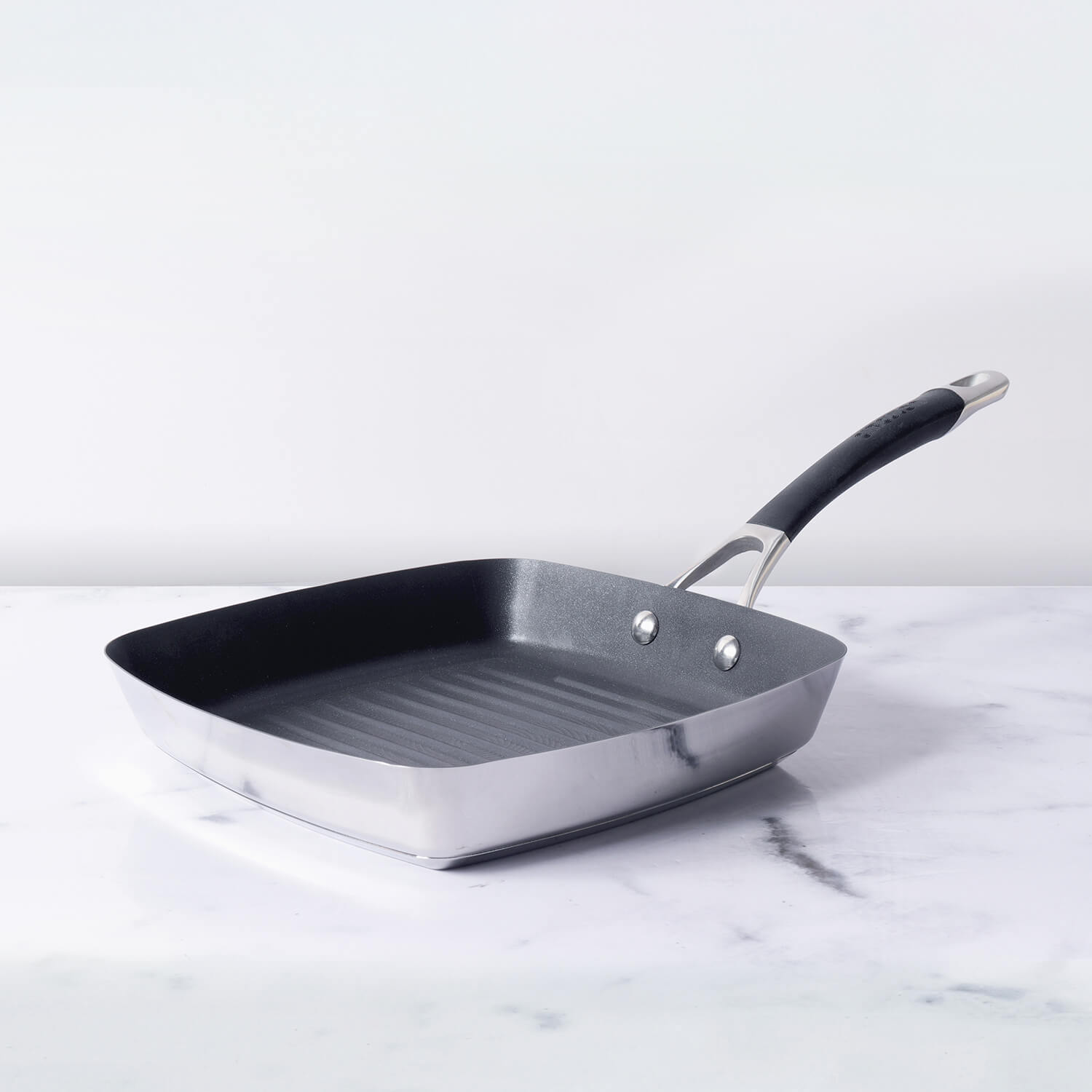Durian is an exotic fruit unlike any other. In Southeast Asia, it is considered the "king of fruits" due to its high status. As compared to other fruits, durian has an abundance of nutrients. Even though durian fruit is widely consumed in Southeast Asia, it has only lately become well-known in India due to its export as exotic produce.
The naturally sweet flavour of durian fruit is blended into candies, cookies, and wafers, in addition to bestowing a plethora of health benefits such as improved digestion, increased vitality, reinforced immune, and improved skin and hair texture.
Most durian can be found in Malaysia, Thailand, the Philippines, and Indonesia, all nations in Southeast Asia. The word "durian" is derived from the Malay word "Duri," which means "thorn" in reference to the fruits.
More than 30 species of durian plants flourish in Indonesia, primarily on the islands of Borneo and Sumatra; however, only 9 of these species produce fruit that is suitable for human consumption. Of these, only one variety of durian fruit—known scientifically as Durio zibethinus—is commercially marketed in a significant number of nations.
Table of Contents
What is durian?
Durian is an enormous tropical fruit with a tough, spiked rind. It has a strong odour, custard-like flesh, and big seeds. The most widespread form is the Durio zibethinus, but there are many others.
The flesh of this fruit comes in a wide variety of hues. It can be any colour from yellow or white to red or green. Tropical countries like Malaysia, Indonesia, and Thailand are some of the best places to find a durian tree.
The maximum length for this fruit is 1 foot (30 cm), and its maximum width is 6 inches (15 cm). Approximately 2 cups (486 grams) of edible pulp can be found in a single durian fruit.
Fruit description:
The skin of this hefty fruit is tough and prickly, ranging in colour from a pale green to a dark brown. The fruit typically weighs between 1 and 3 kilos, and its soft interior pulp has a rich, delectable, and extremely sweet flavour in addition to being packed with several beneficial nutrients.
Nutritional value of durian:
The pulp of the durian fruit is loaded in vitamins, minerals, and other nutrients. Vitamin A, vitamin C, a natural antioxidant, and B-complex vitamins like folic acid, thiamine, riboflavin, niacin, and vitamin B6 can all be found in high concentrations in this food.
Minerals including potassium, iron, calcium, magnesium, zinc, and phosphorus are also present in quite high concentrations. The durian fruit contains multiple vitamins and minerals. Additionally, it's a great way to get plenty of healthy fats and fibre in your diet.
Health benefits of durian:
- Promotes Better Digestion
Because of its high fibre content, durian is a useful food for regular bowel cleansing. In turn, this promotes better digestive health and lessens the likelihood of constipation. Thiamin, which is found in the fruit, may boost appetite and well-being in the elderly. The durian fruit's fibre helps the digestion process along by promoting peristaltic movement. Constipation, excessive flatulence, and heartburn are some of the other symptoms it can alleviate.
- Reduces the Risk of Heart Disease and Stroke
Durians' organosulfur may lower inflammation and heart disease risk by controlling inflammatory enzymes. Fruits high in soluble dietary fibre have been linked to reduced levels of low-density lipoprotein cholesterol (LDL-C) and a decreased risk of coronary heart disease in a number of studies. The high fibre content of durian fruit makes it beneficial for your heart.
- Controls Blood Sugar Levels
Due to its manganese content, durian may aid in maintaining healthy glucose levels. Similarly, durian consumption enhances insulin responsiveness in diabetics. The oxidative stress that diabetes is already susceptible to is mitigated by the antioxidants found in durian. The durian fruit is fantastic because it is low in calories and has a healthy glycemic index (GI). Consequently, eating this fruit would not cause a rapid increase in blood sugar.
- Controls Blood Pressure
The durian fruit has a high potassium content. Studies have shown that a diet higher in potassium can help reduce blood pressure. The fruit's potassium content also makes for an effective vasodilator. As a result, it can aid in keeping the cells of the body at a healthy level of both water and salt. The mineral has been linked to a lower incidence of cardiovascular disease and stroke by easing strain on the cardiovascular system.
- Improves Bone Density and Joint Stability
Calcium, potassium, and magnesium can all be found in abundance in durian fruit. These minerals aid in bone health by raising density, alleviating joint stiffness, and bolstering collagen's tensile strength. Consuming moderate amounts of durian fruit as part of a healthy diet has been shown to improve bone mineral density in both men and women.
- Treats anaemia
The iron and folate content of durian is exceptionally high. Researchers have found that a lack of iron or folate can cause anaemia. The production of red blood cells can be affected by the amount of folic acid available in the body. As a result, this can lead to anaemia. Many of the elements included in durian stimulate the body to make more red blood cells, which carry oxygen and nutrition to every part of the body.
- Strengthens body's defence and metabolic process
A vital part of maintaining good health is played by the immune system, the body's defence mechanism. The immune system is the part of the body that guards against infection by pathogens including bacteria, viruses, fungi, and the like. Durian fruit has been shown to have beneficial effects on the immune system. Regular, moderate consumption of durian fruit is associated with significant immune system benefits. The vitamin C content of durian fruit is largely responsible for its useful properties.
- Decreases the likelihood of developing cancer
Some research suggests that the antioxidant properties of durians may help lower the chance of developing cancer. The polyphenols found in the fruit have been shown to stop the spread of cancer and even destroy cancer cells. Research has shown that free radicals can promote cancer growth and trigger cell death in otherwise healthy tissues. Durians can help reduce cancer risk since their antioxidants are effective against free radicals.
Durian fruit recipe:
- Despite the fact that the outside of the durian fruit is odorous, the fruit's flesh, which is full of succulent liquids and sweet extracts, is delightful.
- You can enjoy durian in its natural state by eating the raw fruit or drinking the juice.
- It adds a distinctive flavour and thick, creamy texture to tangy and spicy gravies and curries, and it mixes well with other popular tropical fruits like coconut, mango, papaya, banana, and pineapple to make delicious desserts and pastries like custard, smoothie, panna cotta, milkshake, and ice cream.
- However, many individuals have trouble precisely slicing this very thorny fruit before preparing dishes with durian. Here are some guidelines to help you accomplish that task quickly and easily.
How to cut durian fruit?
- Glove up to avoid getting pricked by thorns and to mask the stench.
- With a sharp knife, remove the top of the fruit's stem first.
- The fruit should now be placed stem-side down on a sanitary table or counter.
- With a sharp knife, slash the top of the durian fruit open. Gently peel back the skin and look.
- Carefully cut open the fruit without stabbing yourself.
- Once the fruit has been cut open, the huge pods and any stones or seeds must be removed from the meat before it may be eaten raw or cooked.
- Create these mouthwatering desserts with ripe durian fruit slices and serve them to your loved ones.










Leave a comment